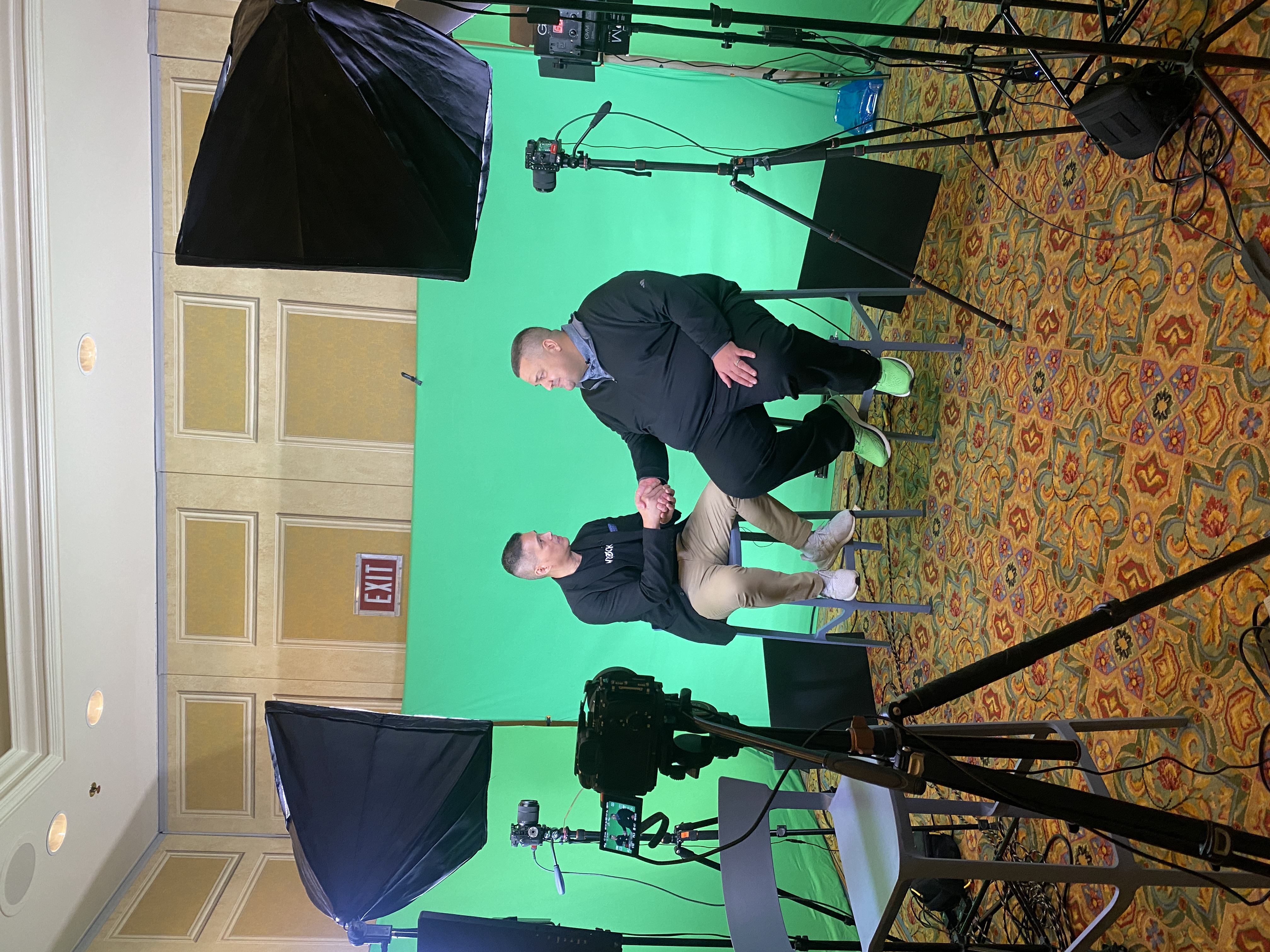At NewRocket, we live by five core values: Excellence, Creativity, Integrity, Teamwork, and Empathy (ExCITE). These core values were created and selected by our Crew, not our executive team. I firmly believe that as CEO, it's not my job to select values and implement them - it's to let our Crew determine the north stars that will guide us, and then it is my job to uphold them.
Though I embrace and try to live by each one, the last value is the most crucial for me. Empathy gives any organization a strong foundation and often leads to improvements throughout the company.
What Is Empathy?
Empathy is a term that gets used quite often, though many people don't often fully understand its meaning.
Empathy means you're sharing and experiencing someone else's emotions. It comes from the German word Einfühlung meaning "feeling into," and goes beyond mere sympathy. You're putting yourself in someone else's position and trying to understand their feelings.
Empathy consists of three components:
· Affective empathy involves responding to other people's emotions.
· Somatic empathy allows us to feel what another person feels.
· Cognitive empathy offers an understanding of why someone responds to a situation in a certain way.
Why Does Empathy Matter?
Building one of our core values around something that doesn't matter would be silly, but I still hear people wondering if empathy is critical. Absolutely — and here's why:
Workplace Empathy Improves Communication
In a time when we're working with people around the world, you might find things getting lost in translation. Perhaps someone shoots off a terse email without thinking about it or uses confusing language on a call. That simple lapse in communication could become a challenging situation that leads to misunderstandings or hurt feelings.
With empathy, the situation changes. You're taking a moment to understand how the recipient of your words might experience them. With that understanding, you can more easily personalize your communication, adapt to different scenarios, improve collaboration, and be a more decisive leader.
In fact, NewRocket started with user empathy. We sought to understand how people interact with technology and worked toward the best and most effective ways for them to communicate. That empathy has evolved to the thoughtfulness around our workflows and automation — we're always looking to boost the people who will be using the technology.
Workplace Empathy Leads to Better Performance
Some employees are naturally more proactive and willing to speak up to tackle a project. That doesn't mean your other employees aren't capable, so don't freeze them out by only taking feedback or ideas in one format.
Demonstrating empathy allows everyone to contribute. Perhaps you set up regular 1-on-1 meetings with quieter employees who get shy in a group setting to check in on their projects and what they'd be interested in working on. Or you encourage submissions through company surveys and mailboxes on how to improve efficiencies in the office. That type of engagement typically leads to stronger performances across the board.
Workplace Empathy Makes for Loyal Customers
Empathetic leaders make more informed choices that drive organizational success. When you regularly practice workplace empathy, it doesn't just stay within company walls. That behavior carries over to your customer experience, leading to deeper, more impactful interactions. You'll better understand how your customers feel, the improvements they'd like to see, and why they support your business.
Approaching customers with empathy contributes to long-term growth, too. Building personas or conducting research offers a clearer picture because you're coming at these tasks from the customer perspective — paired with their feedback, you'll have a leg up on your competition. Empathetic leaders make more informed choices that drive organizational success.
Every Experience Matters
At NewRocket, our culture is all about experiences. It's not simply lending a sympathetic ear or offering a vague statement of pity. We aim to share in the thoughts, feelings, and journeys of our customers and peers. Without that, it's hard to connect in meaningful ways.
Becoming an empathetic leader doesn't happen overnight. It takes time, training, and a willingness to make mistakes along the way. But it's well worth the effort. You'll discover new results and ways to improve your company while building stronger relationships with employees and customers. That's the type of leader people want to be around.
Connect with Matt on LinkedIn.

.svg)



.png)
.png)
.png)
.png)

.png)
.png)
.png)
.png)
.png)
.png)
.png)
.png)
.png)
.png)
.png)
.png)










